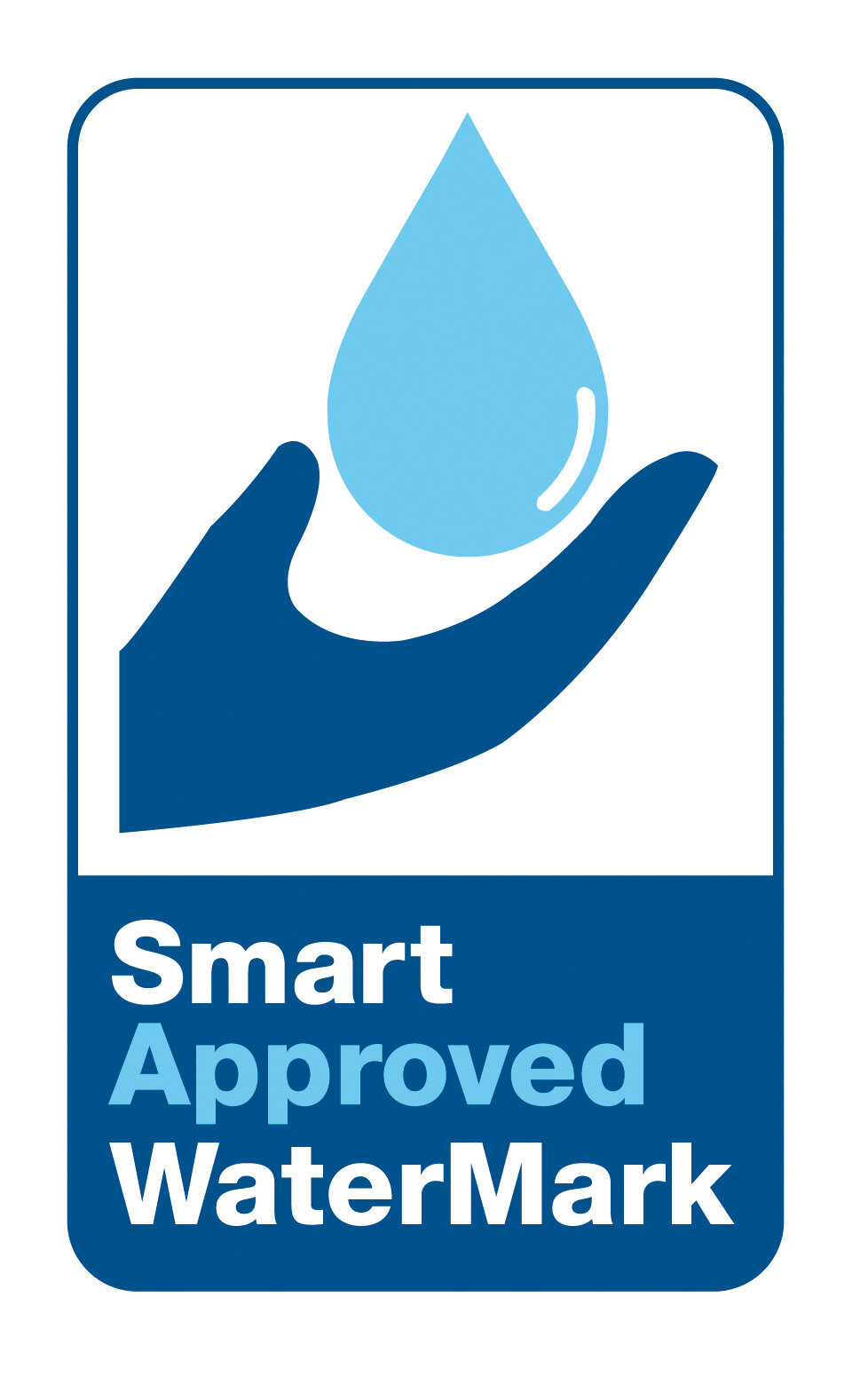It's not widely known, but the frequency of heat waves in the United States has been on the rise. Whereas the 1960s saw an average of two significant heat waves annually, the current rate exceeds six.
Moreover, the duration of these heat waves has tripled, from an average of 22 days in the 1960s to 72 days now. Additionally, heat-related emergency room visits have escalated from 151 to over 180 per 100,000 visits in recent years.
Employers with staff who regularly work outdoors should consider implementing comprehensive heat safety protocols to safeguard their workers against the dangers of extreme heat.
Among the ways they can accomplish this are the following:
Establishing Heat Thresholds. Appoint at least one person to oversee temperature levels for outdoor staff. Work should cease if the heat rises above a predetermined threshold to avert heat-related illnesses.
Worker Acclimatization. The risk of heat illnesses is higher for workers unaccustomed to intense heat. Gradual adaptation over a period of up to two weeks is recommended.
Heat Stress Education. It's crucial for workers to identify heat stress indicators, including muscle cramps, excessive sweating, dizziness, headaches, and heat strokes, which are severe and can lead to confusion, disorientation, and slurred speech.
Schedule Adjustments. In regions like the Southwest, it's common for outdoor work to start early and conclude by mid-afternoon. Altering work hours may be essential during heatwaves.
Supportive Measures. Ensure the availability of shade, water, and cooling stations at all times.
PPE Considerations. Necessary protective gear is a must for outdoor workers, yet it can exacerbate heat risk. Providing cooling vests along with cooling stations can help mitigate this risk.
Klaus Reichardt, CEO and president of Waterless Co., Inc., emphasizes the importance of responsible indoor water use, noting that even minor temperature increases can affect water availability, leading to shortages, droughts, and intense fires, as observed in the previous summer.










